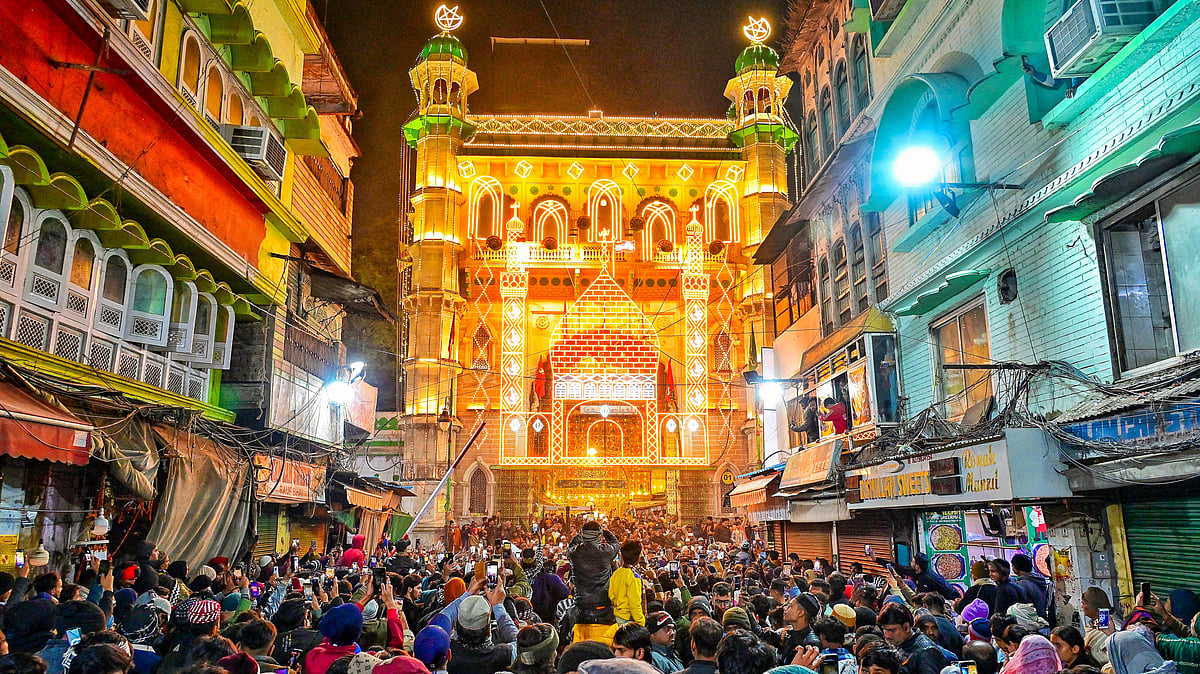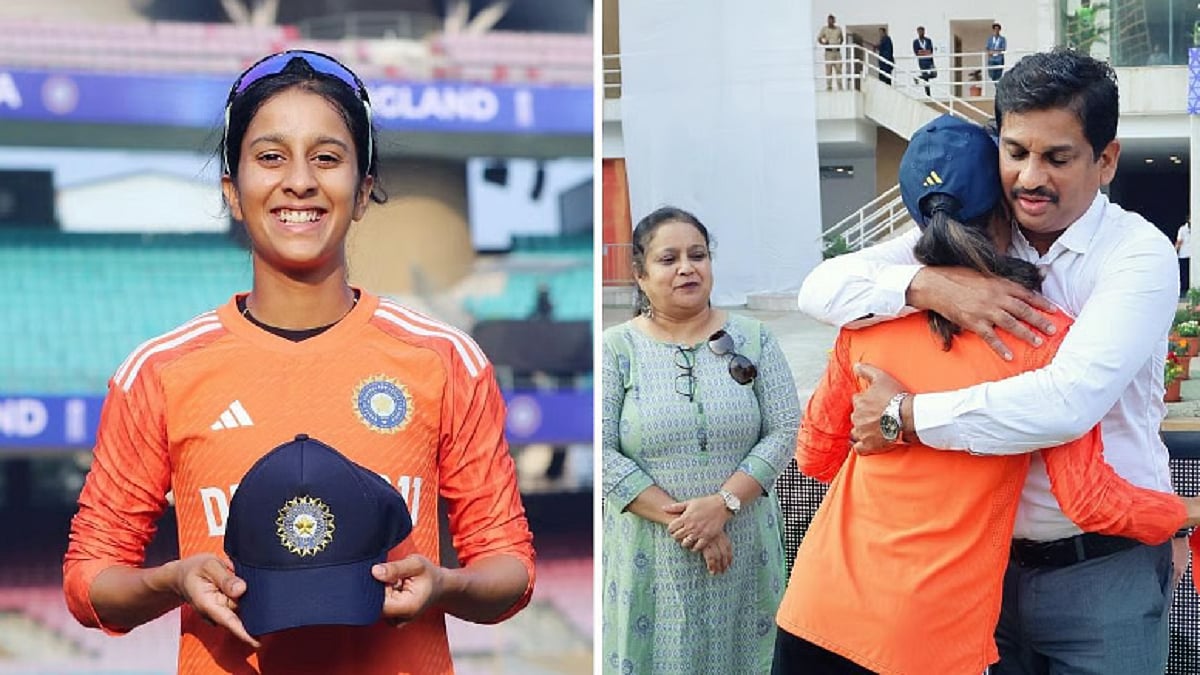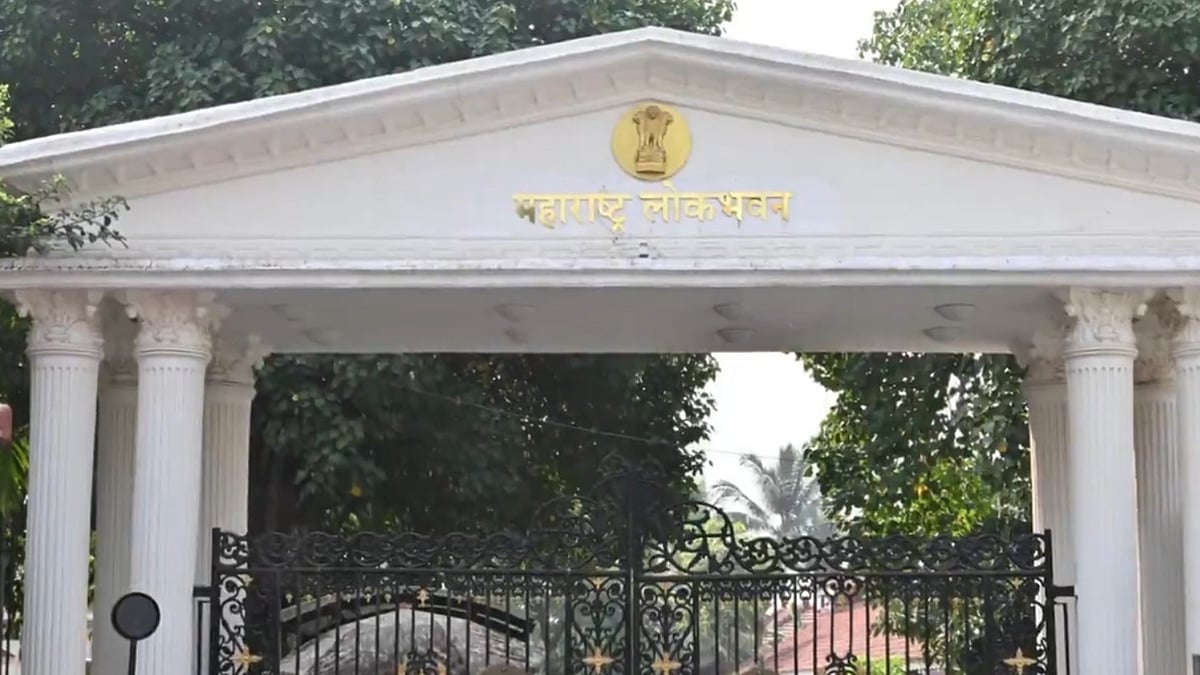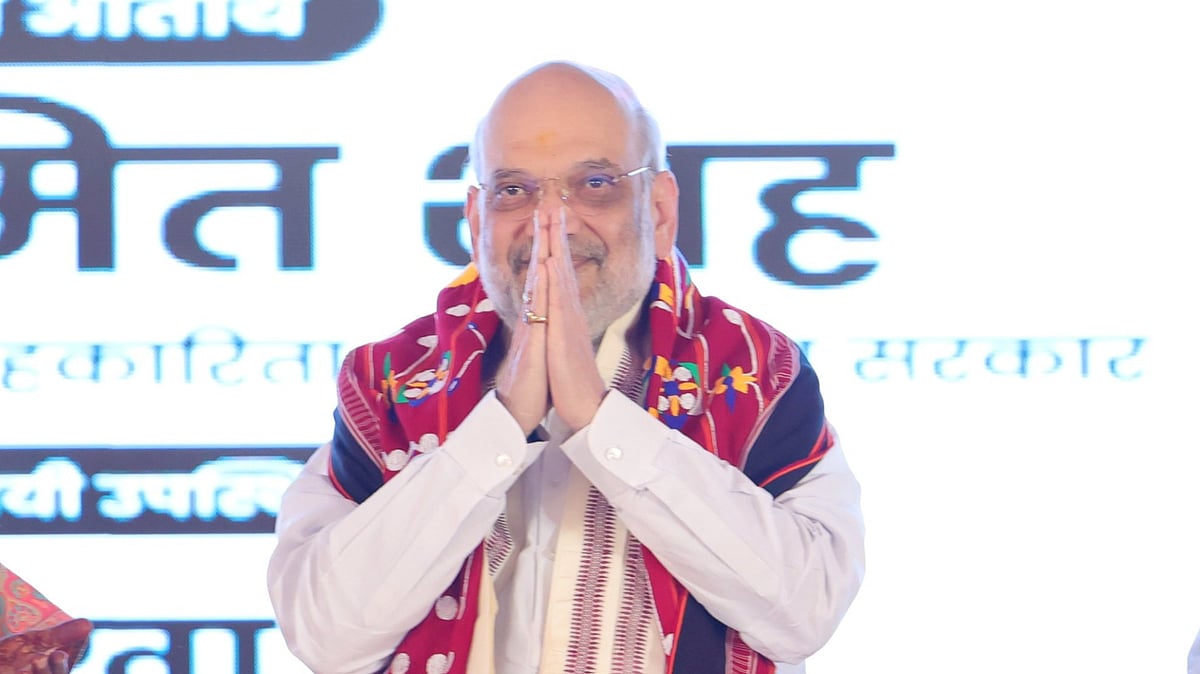Mumbai: Mumbai-based professional Gaurav Shrivastav started his journey with Keshav Srushti, a not-for-profit organisation in Bhayandar, way back in 1992. Over the years, while managing his professional commitments, Shrivastav would help out by volunteering for the organisations varied initiatives. But, in 2017, when the healthcare company Shrivastav (an MBA), was working with shut down, he decided to pursue his other ambition: Of empowering people in need.
Keshav Srushti Gram Vikas Yojana (KSGVY) — a wing of Keshav Srushti — which works for the upliftment of tribal people, has an initiative called URC (Urban-Rural Connect). Under this initiative, urban youth adopts a village and works towards its development along with the villagers. And, that’s how, in January 2019, Shrivastav adopted a village called Tetawali in Vikramgad taluka, Palghar.
A recce of Tetawali made him realise that the place has ample bamboo growth, which was not being put to proper use. After a lot of persuasions, he managed to convince the women of the village to come together to make bamboo products and embark on a journey of financial independence.
“Backed by Keshav Srushti, I organised a trainer for them, who taught the women and youth to make hand-crafted products from bamboo. And, after mastering the craft, their products found a way to Mumbai markets, in turn bringing them monetary benefits,” Shrivastav passionately explains.

Gaurav Shrivastav (left) with artisans |
Called Project Green Gold (bamboo is green gold as Shrivastav explains), their operation grew, and finally went national with a collaboration with Bangalore-based website, thebetterindia.com.
Sounding like a proud parent who has seen his child grow, Shrivastav says, “They also received an award worth Rs 52,500 from UMED, a government body, for their mesmerising designs. In fact, in Diwali last year, they got a huge order from the UK to make bamboo auto-rickshaws, for which they received a handsome amount.”
Shrivastav, who has now become a face of (KSGVY) for the villagers, adopted nine more villages and trained them in making 90 products (10 different products per village), and one village was trained in bamboo construction (making liveable structures).
“Today, we have managed to empower 300 women and youth from Vikramgad who are making a living through bamboo-made handicrafts. The group has successfully managed to launch an e-commerce platform (https://projectgreengold.com/), where one can buy products made by these women. Over the past one year, all the women associated with Project Green Gold have managed to earn Rs 12 lakhs in total — the money is directly credited to their individual accounts,” Shrivastav adds.
Shrivastav now wants to convert Vikramgad into a bamboo tourism hub, boosting of structures made from bamboo comprising of cottages, exhibition centre, cafeteria (which will also sell eatables, like pickle, etc., made from bamboo), bamboo garden, nursery, etc. Currently, Shrivastav is gathering sources to fund his dream, which he hopes to accomplish in the next two-three years.
Shrivastav’s achievements don’t end here. He also has been a pioneer of lighting up over 600 houses in rural areas with his solar lighting initiative. Next month, he plans to light up 250 houses in Jawhar. These solar lights are portable, thus allowing the villagers to carry them even in fields when they work during the dark.
As this piece goes to print, Shrivastav is currently doing a recce of more villages, which he wants to develop and make the villagers ‘atmanirbhar’ under Project Green Gold.









